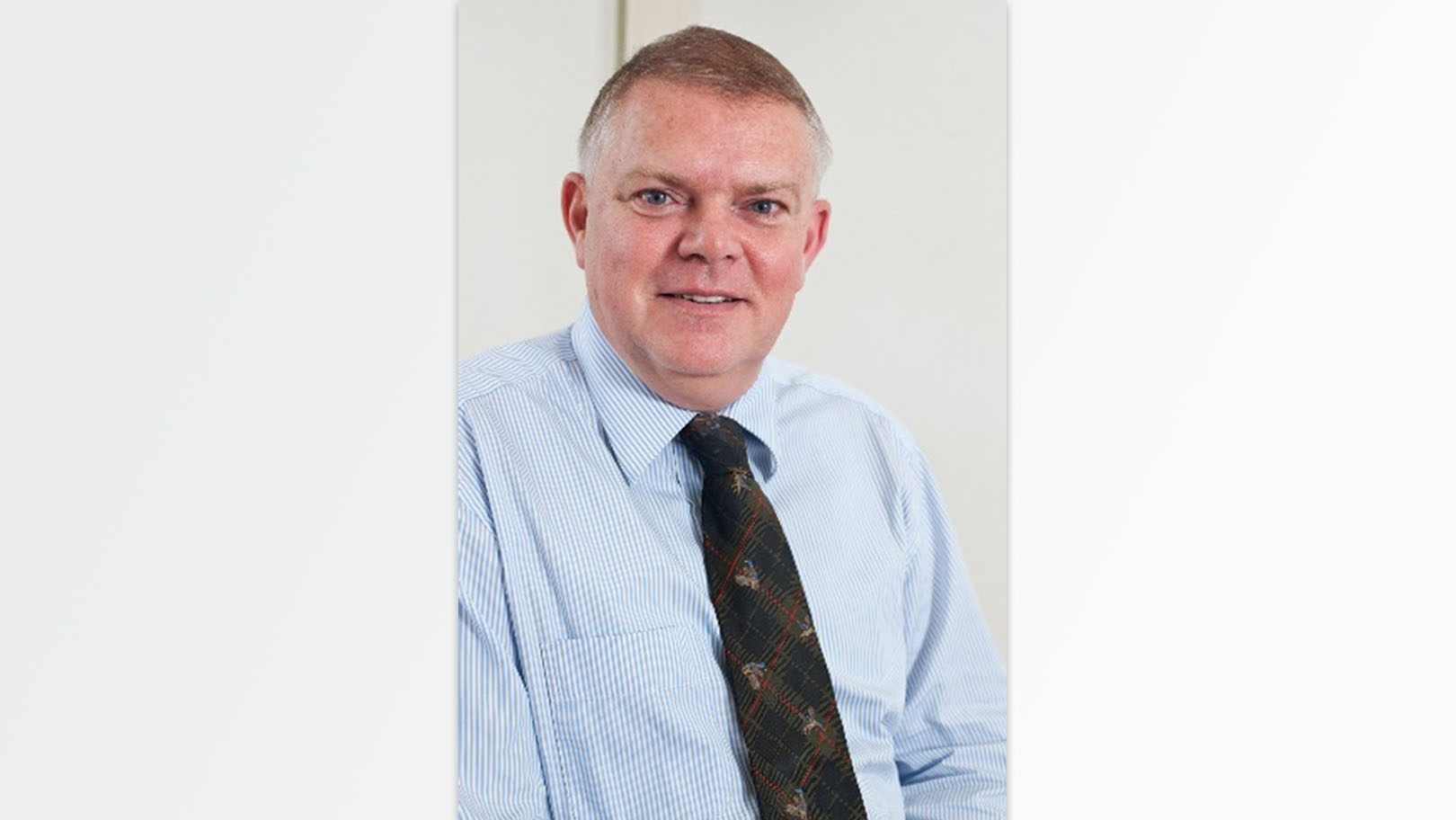Vansteenkiste leads the Respiratory Oncology Unit at University Hospitals Leuven, where he has been involved in approximately 300 lung cancer trials. He has served on the editorial boards of numerous peer-reviewed journals during his decades-long career, including a current position as associate editor for Annals of Oncology. Among other achievements, Vansteenkiste conducted benchmark-setting research into the use of FDG-PET scan technology to diagnose, stage and monitor response to treatment of lung cancer at a time when significant progress was being made in the management of non-metastatic disease with multimodality treatment.
“I am grateful and personally touched to receive the Heine H. Hansen Award. It closes the circle after 30 years of work with patients and clinical research inspired by Prof. Hansen himself, who was one of my mentors and responsible for drawing me to the field of thoracic oncology in the early 1990s,” he commented.
It was also in the early stages of his career as an oncologist and clinical researcher that Vansteenkiste became involved in the development of tyrosine kinase inhibitors (TKIs) for lung cancer patients carrying an EGFR mutation, a targeted therapy that he saw through to its implementation in the clinic several decades later.
“Seeing what has been achieved with TKIs for metastatic patients in the last 10 years, it gives me great satisfaction to have been able to contribute to their success,” he stated.
Looking to the future of lung cancer treatment, Vansteenkiste believes that major advances with biomarkers for targeted therapy could also be achieved with immunotherapy, calling for further investigations into biomarkers to allow targeting of this type of treatment for individual patients in the metastatic setting.
“For early-stage disease, the priority will be to gain a deeper understanding of the cancer biology and its evolution over time, using tools like circulating tumour DNA from liquid biopsies, to match patients to the adjuvant therapies that will truly benefit them and spare them additional treatments that may not be necessary,” he added.






